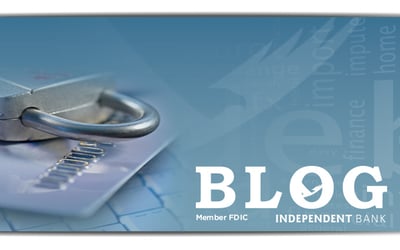Shield against identity theft

Debit cards offer the convenience of paying with a card linked to your checking account, but some people are leery of using them for fear of thieves gaining easy access to those funds or accounts.
What is the reality when it comes to debit card identity theft, and, what should you do if it happens to you?
Skimming is a concern
Unfortunately, along with the innovations of our tech-savvy world, criminal activity has gained an unprecedented level of sophistication. “Skimming” (also known as “cloning”) debit cards is today’s primary method of debit card theft.
Skimmers are devices that thieves insert into an ATM card reader, or the ATM itself, to capture information from your card’s magnetic stripe. A tiny camera then captures your PIN, and the information is gathered remotely by a thief without you even knowing it happened.
According to a Wall Street Journal report, FICO data show that debit card compromises at bank ATMs jumped 174% from January to April this year, while attacks at non-bank machines rose three times that much.
What to do to protect yourself:
-
Cover the machine’s PIN pad while entering your PIN.
-
Opt for completing your banking inside the bank with a banker, as opposed to using the ATM. If you need to use an ATM, your odds are better to use the one at the bank rather than one on the street. Watch out for unusual looking devices or signage. If your card gets stuck, notify your bank immediately.
-
Be vigilant and report any theft quickly. If you notice that something is awry with your account and notify your bank within two business days, you are liable only for $50 in losses, according to the Federal Trade Commission. If reported quickly, many banks will not hold you responsible for any fraudulent transactions. However, if you report after two days (but before 60 days), your liability could potentially go up to $500, depending on your financial institution. This differs from credit card fraud, which is limited to $50 liability regardless of the reporting period.
When using debit or credit cards for purchases, be aware of your surroundings and the devices you are using to access your funds. If you do become a victim, the best thing you can do is report the fraudulent activity to your financial institution immediately.





